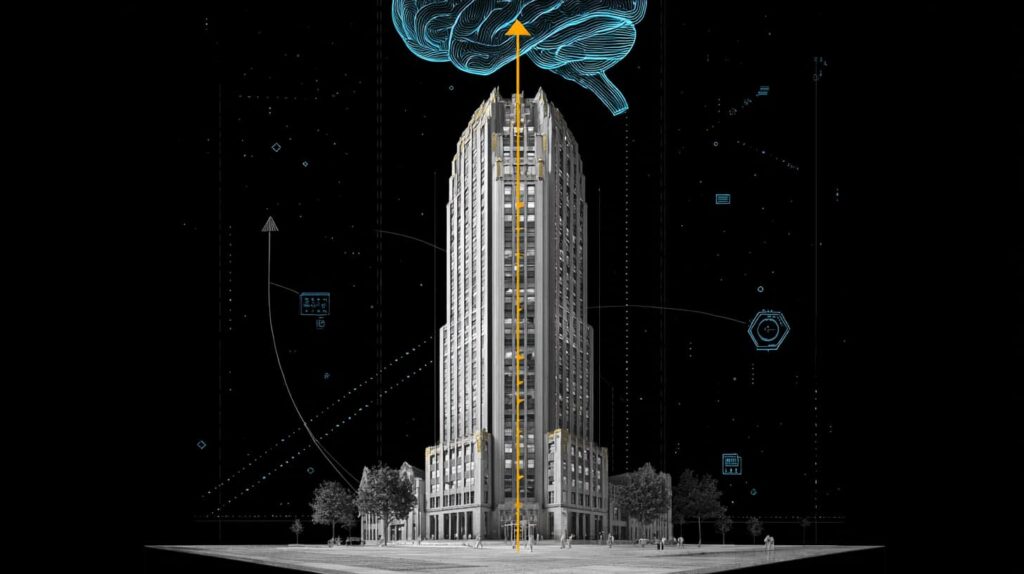Wells Fargo chief Charlie Scharf believes that AI is not responsible for the recent weakness in the US labor market.
In a CNBC interview, the Wells Fargo boss believes that artificial intelligence is still in its early days, and it wouldn’t account for the recent drag in hiring.
“There’s the whole AI revolution. I personally think we’re still so early in the impact of AI that it’s hard to actually believe that that’s the meaningful driver today.”
Instead, Scharf says one factor that’s shaping hiring decisions is the response of businesses and entrepreneurs amid the shifting macro environment.
“And I think certainly tariffs do have an impact on it… It’s actually very interesting when you go around the country and you talk to middle-market customers, doesn’t matter whether you’re in a red state or a blue state.
What you hear is that more business owners and people leading these mid-sized businesses are happy that this country is dealing with the trade inequities that have existed. So they feel good about that. They’re willing to deal with the uncertainty, but they need to react to that. And so part of that is just being very prudent in how they’re hiring. And so that certainly seems to be dampening the increase in jobs.”
Scharf’s view that AI is not the primary driver behind the hiring slowdown is supported by a recent Fed study. The Fed said the results of the study show that AI will have a modest impact on the job market.
“While our surveys indicate that firms using AI have made adjustments to their workforces due to AI, it is important to keep in mind that they apply only to the 25 to 40% of firms that are using it. Thus, any implied economywide labor market impacts are likely to be relatively modest, and at least so far, do not point to significant reductions in employment, particularly since employment effects can be both positive and negative.”
Disclaimer: Opinions expressed at CapitalAI Daily are not investment advice. Investors should do their own due diligence before making any decisions involving securities, cryptocurrencies, or digital assets. Your transfers and trades are at your own risk, and any losses you may incur are your responsibility. CapitalAI Daily does not recommend the buying or selling of any assets, nor is CapitalAI Daily an investment advisor. See our Editorial Standards and Terms of Use.


